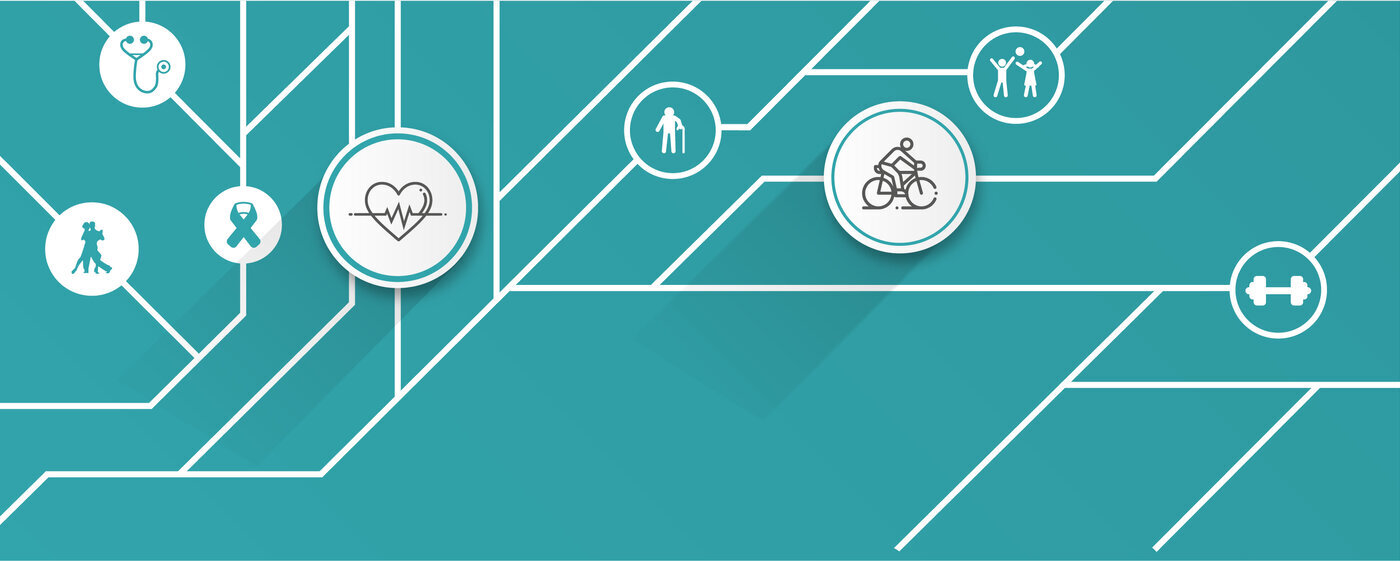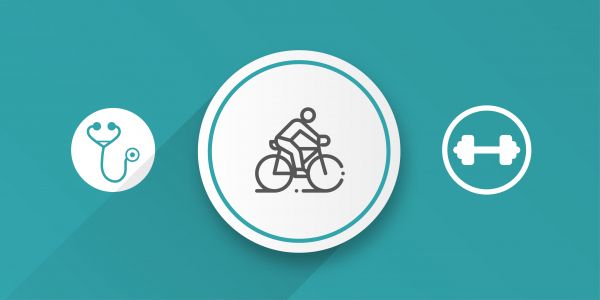Sport and Exercise Sciences
Grand Challenge

- Faculty of Biological Sciences
- Research and innovation
- Research impact
- Sport and Exercise Sciences
Sport and Exercise Science (Impact page)
The challenge
One of the biggest challenges society faces is endemic levels of inactivity.
Research has shown that physical activity and exercise can have massive benefits for individuals of all ages including those undertaking treatment for a variety of conditions.
However, not all forms of physical activity are ideal for any one individual. We therefore need a better understanding of basic principles and our environment in order to optimise translational benefit, from disease prevention or rehabilitation to personal well-being or elite performance.
Addressing the challenge
Researchers in Sport and Exercise Sciences use exercise as a fundamental physical challenge to gain insight into normal biological control processes and functional adaptability.
This is fundamental to understanding the dynamic relationship between activity patterns, physical and mental health, predisposition to and recovery from chronic conditions (such as cardiorespiratory diseases, diabetes and cancer) across the lifespan.
We believe exercise is currently under-utilised in diagnostic procedures, and that targeted exercise interventions are likely to be more effective than many current therapeutic approaches.
Our approach involves an unusually broad molecular cell-to-systems research portfolio, with translational benefits ranging from promotion of physical activity to rehabilitation strategies.
Delivered impact
Improving patients’ improve quality of life through exercise programmes
Dr. Shaunna Burke has worked with professional staff and patients at Sue Ryder hospices in the UK to develop targeted exercise programmes and resources.
More on Improving patients’ improve quality of life through exercise programmes

